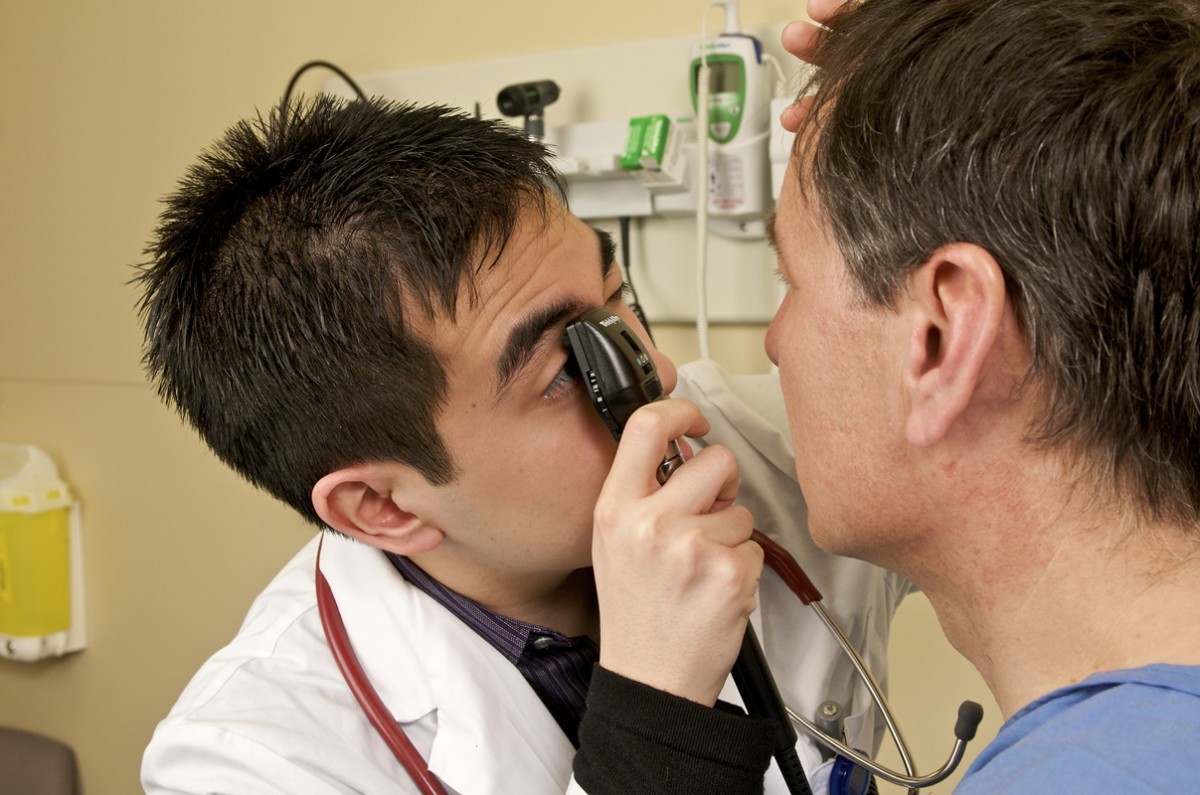
Fewer sick, better care thanks to integrated family-doc program
A new report by the Manitoba Centre for Health Policy (MCHP) on the Physician Integrated Network (PIN) program shows modest improvements in disease prevention and screening. MCHP is a research unit in the College of Medicine in the University of Manitoba’s Faculty of Health Sciences.
The report, Physician Integrated Network: A Second Look, evaluates whether PIN is improving the quality of health care Manitobans receive from their family doctors—specifically through a program that gives clinics extra funding for meeting certain targets in providing preventative and chronic-disease care to appropriate patients. The program was initiated by Manitoba Health in 2006, and provides key lessons to inform ongoing changes to primary care in Manitoba.
The study analyzed results from 12 clinics, involving more than 180 physicians and 163,000 patients. It reviewed 23 indicators of the quality of primary care related to prevention and screening, disease management, and healthcare delivery. Clinics were studied before and after the initiative was implemented, and also compared to a control group.
Three aspects of care tied to incentive funding showed clear improvement: older adults and people with respiratory illness were more likely to receive annual flu shots; rates of immunizations for pneumonia and related infections also improved among older adults; and more patients suffering from heart failure started to take recommended medication.
The study also revealed an increase in the continuity of care patients received at clinics participating in PIN. Increasing the number of patients who receive care from one family doctor over time is a positive development because patients often have better health outcomes when one person manages their care. PIN clinics also reduced the number of non-recommended “routine” electrocardiograms for patients who didn’t have heart disease.
“Doing unnecessary tests can produce false positives and lead to unexpected negative consequences,” says family physician Alan Katz, the study’s author and Research Manitoba Chair in Primary Prevention Research.
The study results are not all good news. Even among the positives, there were large differences in quality between clinics. In some areas, such as immunization rates for two-year-olds, all clinics and comparison groups fared poorly: only 50 per cent to 80 per cent of two-year-old children had received all of the immunizations recommended (and fully covered in Manitoba) for newborns and toddlers.
“While some of these results may appear disappointing, it’s important to bear in mind that primary care is one of the most complex areas of health care. The evidence is clear that a single intervention like this is unlikely to bring about dramatic improvements in care overnight,” says Katz.
“Moreover, this analysis addressed only one component of PIN—improving the quality of family practice in Manitoba—and does not address the other parts of the program.” Significantly, the program also succeeded in engaging practicing physicians in the process, which was one of the major goals from the outset.
The full report can be downloaded from the MCHP website.
For more information and to arrange interviews, contact Ilana Simon, Director of Communications & Marketing, College of Medicine, Faculty of Health Sciences, University of Manitoba, 204-789-3427, (cell) 204-295-6777 (ilana.simon@med.umanitoba.ca).






